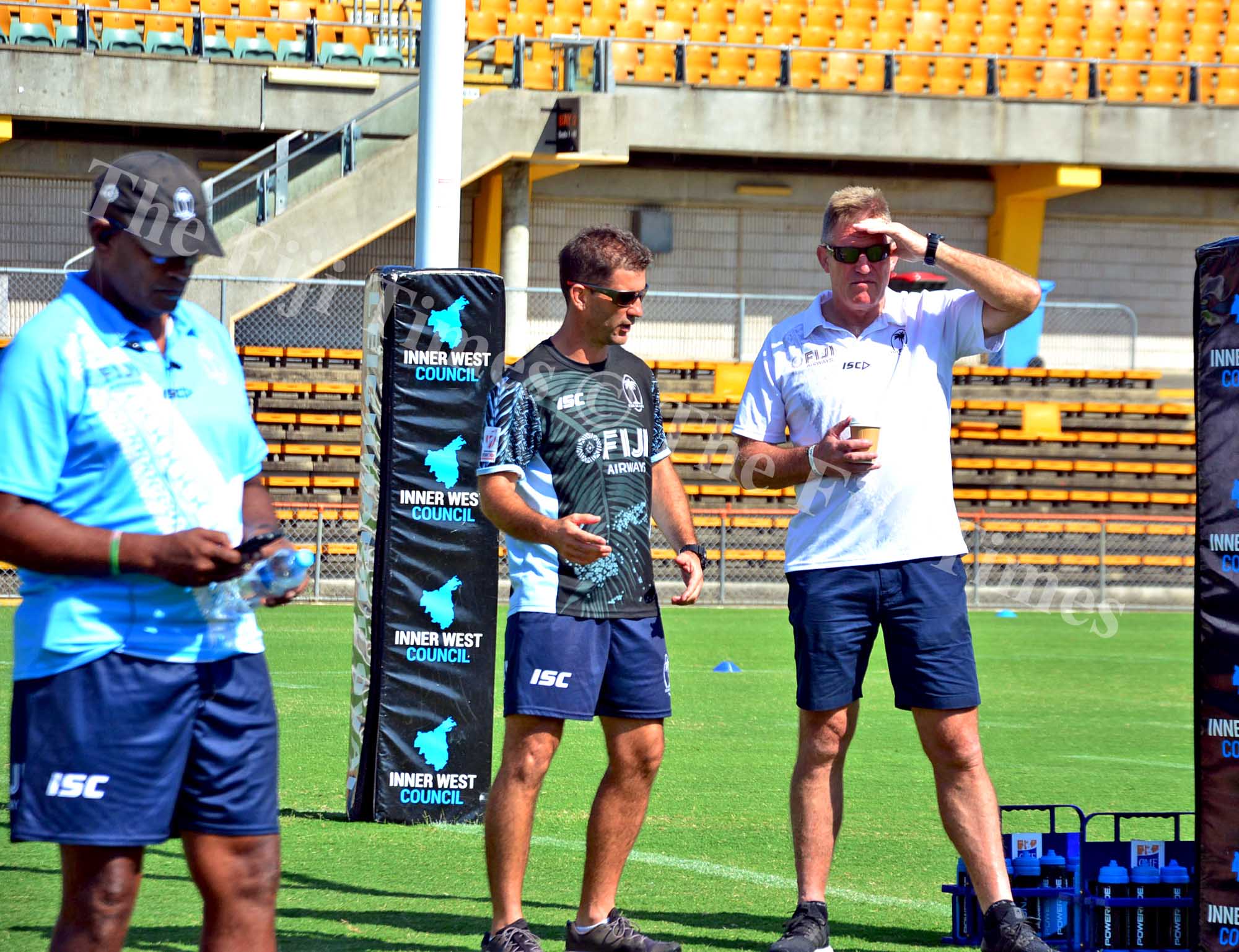THE manner of last weekend’s stunning victory over France in Paris will give the Fiji Airways Flying Fijians a huge confidence boost as they view their chances in Pool D at Japan 2019 where they face Wales, Australia, Georgia and Uruguay.
Fiji’s outstanding success at Rugby World Cup 2007 in France came from the self-belief in defence and the spine-tingling razzle-dazzle in attack.
The style, flair and passion with which Fiji played France in Nantes then put the wind up the Springboks in the quarter-finals in Marseille made it easy to ignore the fact that Fiji had the worst scrum statistics of any team in the tournament.
At the 2015 event in England, Fiji’s scrum was right up there with the best of them, but an abysmally difficult pool – playing three of the top five nations in the world – negated the pack’s powerful performance, and the backs never really got going in the way everyone at home had hoped.
Importantly, coach John McKee has been able to strengthen the key positions known in France as la colonne vertébrale – the spine or backbone – which are hooker, No.8, halfback, fly-half and fullback.
These are often the team’s decision-makers and control the success or otherwise of a team’s plays.
The coach ideally wants three players vying for every position on the field, and the advent of the Drua and their subsequent success in the Australian NRC has proven to be an important building block in this process.
“For Fiji-based players, the Fiji Airways Drua has been very valuable; it’s the second year and we saw a number of players in Paris that came through,” McKee told this newspaper: “They all had a big impact when they played, and if those players hadn’t had that competition in the lead up to this tour, then I don’t think they would have been in the form that they showed.”
“Competition brings the best to the top, so it’s important to have competition for all places.”
At prop, Campese Ma’afu and Manasa Saulo now have 97 caps between them and have proven themselves against the best scrummagers in the world.
The 4, 5, 6 combination of Leone Nakarawa, Tevita Cavubati and skipper Dominiko Waqaniburotu is well solid.
And Fiji is never short of quality centres or wings.
So it’s the backbone positions that take on renewed importance.



